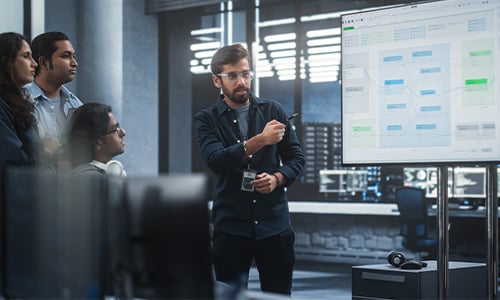Article
Company Vehicle BIK rules from 1 January 2025
Learn about the latest BIK rules for company vehicles effective 1 January 2025, including tax reductions, emission bands, and electric vehicle benefits.































